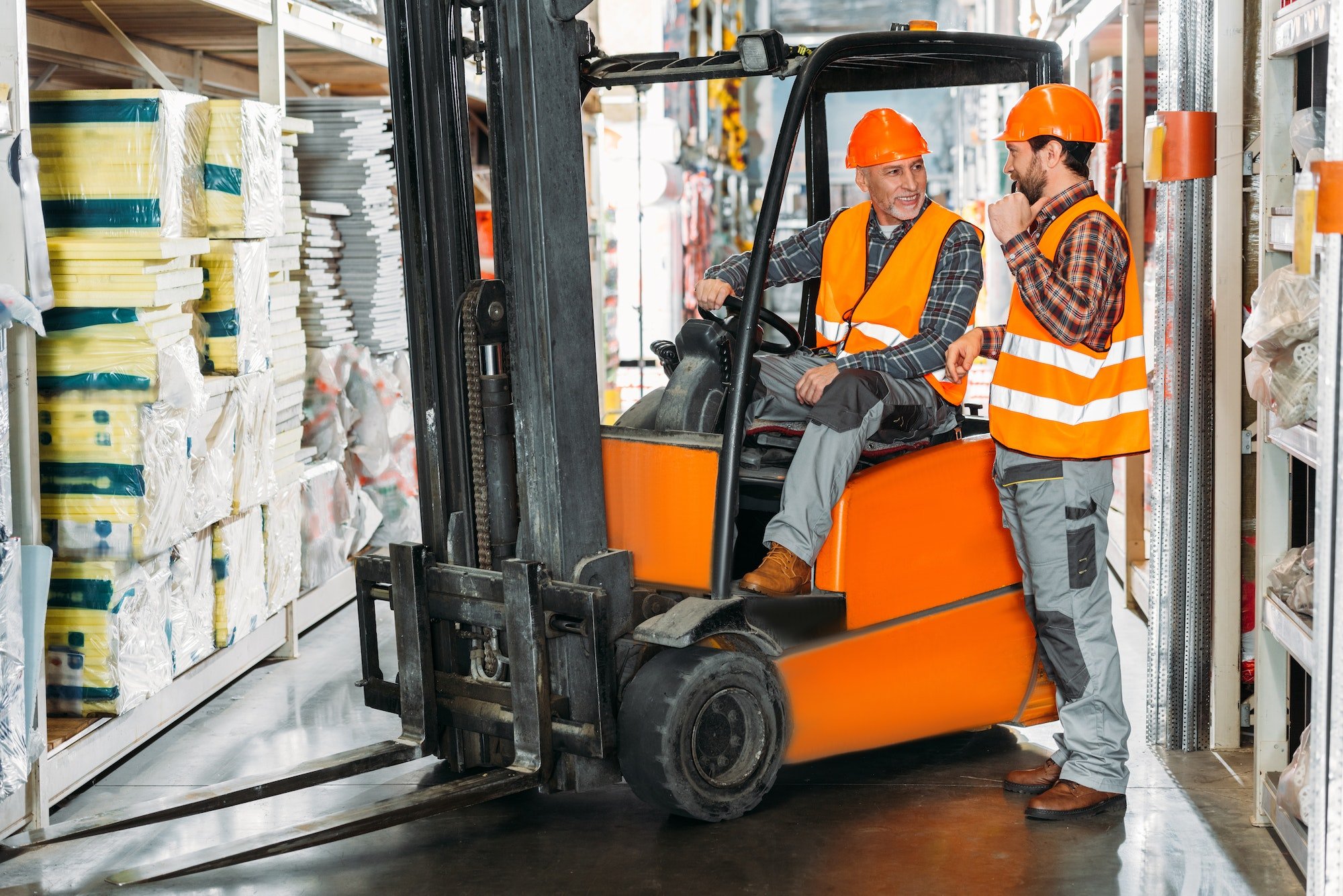Forklifts are essential pieces of equipment in many industrial settings, from warehouses to construction sites. In order for these machines to work optimally and safely, they must be properly maintained and repaired. Sourcing genuine forklift parts is an essential part of any maintenance and repair job, and it’s important to ensure that the parts used are of the highest quality available. Quality parts can make the difference between a successful repair job that lasts for years and one that fails prematurely.
Why Quality Matters
The quality of the parts and components used in forklift repair and maintenance is critical. Poor quality parts can lead to malfunctions and even dangerous situations, such as a forklift tipping over or a failure of a part during use. Quality parts also tend to last longer, meaning that they need to be replaced less often. This can lead to significant savings in the long run, as well as improved safety.
Quality parts are also more likely to be compatible with existing parts, making them much easier to install and use. Poor quality parts may not fit properly, or they may not be designed to work with the other components in the machine. This can lead to additional time and money spent in the repair process.
Where to Find Quality Parts
It’s important to source genuine forklift parts from reputable suppliers who can guarantee their quality. Many online retailers offer genuine parts for forklifts from a variety of manufacturers. It’s important to research the retailer before making a purchase, as some parts may be counterfeit or of poor quality. Reputable retailers also usually offer a warranty on the parts they sell.
In addition to online sources, there are many local retailers who specialize in forklift parts. These retailers often provide a higher level of customer service, as well as greater expertise in choosing the right parts for a specific forklift. It’s important to find a reputable local retailer, as they can provide valuable advice and support when it comes to repairs and maintenance.
Installation and Maintenance
When it comes to installing and maintaining genuine forklift parts, it’s important to follow the manufacturer’s instructions. Doing so can help ensure that the parts are installed correctly and that they are compatible with other components of the forklift. It’s also important to inspect the parts regularly for wear and tear, as well as any damage that may have occurred during use.
It’s also important to have a qualified technician install the parts, as they have the necessary skills and knowledge to do the job correctly. Improper installation can lead to further problems down the line, and can even be dangerous. A qualified technician can also provide valuable advice on the best ways to maintain the forklift and its parts.
Turnkey Maintenance Solutions
If you’re looking for a comprehensive solution for your forklift maintenance and repair needs, consider a turnkey maintenance solution from H&C Innovations. H&C Innovations offers a range of services, from routine maintenance to complex repairs. Their team of experienced technicians can provide you with the highest quality parts and services, helping to ensure the safety and efficiency of your forklift for years to come.
Sourcing genuine forklift parts is essential for any repair and maintenance job. Quality parts are more reliable, last longer, and are more likely to fit properly. It’s important to source parts from reputable retailers, both online and local, and to have a qualified technician install and maintain the parts. For comprehensive maintenance solutions, consider H&C Innovations, a leader in forklift maintenance and repair.

